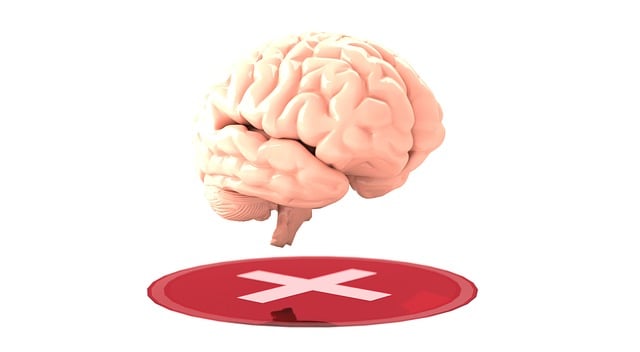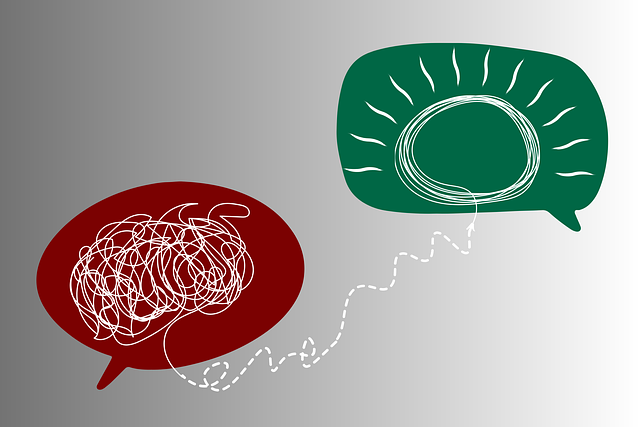Superior Crisis Counseling Therapy (SCCT) programs are transforming crisis intervention training by teaching advanced emotional regulation techniques and practical strategies. These multifaceted courses equip individuals with skills to handle various crises, from loss to anxiety, fostering resilience and effective support during high-stress situations. SCCT combines theoretical knowledge with interactive workshops and real-life scenarios, enhancing empathy, communication, and risk assessment practices. Regular training sessions, open communication, peer feedback, and supportive organizational cultures are crucial for maintaining SCCT team effectiveness, ultimately benefiting both interveners and communities by improving mental health outcomes and fostering community resilience.
In today’s challenging social landscape, crisis intervention team (CIT) training programs play a pivotal role in equipping professionals with essential skills. Superior Crisis Counseling Therapy (SCCT) stands out as an effective approach, offering specialized training for CIT members. This article delves into the core components and benefits of SCCT programs, exploring their impact on both interveners and communities. We’ll guide you through implementing and sustaining SCCT team effectiveness, highlighting best practices to enhance crisis response.
- Understanding Superior Crisis Counseling Therapy (SCCT) Programs
- Key Components of Effective SCCT Training
- Benefits and Impact on Interveners and Communities
- Implementing and Sustaining SCCT Team Effectiveness
Understanding Superior Crisis Counseling Therapy (SCCT) Programs

In today’s fast-paced world, where stress and mental health challenges are prevalent, Superior Crisis Counseling Therapy (SCCT) programs have emerged as a game-changer in crisis intervention training. These specialized programs focus on equipping individuals with the skills to navigate and support others during crises, ensuring effective emotional regulation. SCCT goes beyond traditional counseling by providing a comprehensive framework that integrates mental health education with practical strategies for managing acute distress. By learning advanced techniques, participants gain the confidence to handle various situations, from sudden loss to severe anxiety relief, making them invaluable resources in any setting.
The design of SCCT programs is meticulously crafted to address the unique needs of crisis intervention teams. Through interactive workshops and real-life scenarios, trainees learn to assess and stabilize individuals in distress. This includes teaching techniques for calming agitated clients, facilitating difficult conversations, and promoting healthy coping mechanisms. Moreover, these programs emphasize self-care practices, ensuring that team members can maintain their emotional resilience while supporting others through challenging situations. With a focus on both mental health education and practical crisis management, SCCT prepares individuals to make a significant impact in providing timely and effective support during times of crisis.
Key Components of Effective SCCT Training

Effective Superior Crisis Counseling Therapy (SCCT) training programs are multifaceted and comprehensive, aiming to equip mental health professionals with a robust set of skills. Firstly, they focus on emotional well-being promotion techniques, ensuring that practitioners can not only stabilize individuals in crisis but also foster resilience and coping mechanisms. These programs delve into various therapeutic approaches, from cognitive-behavioral strategies to trauma-informed care, providing a toolkit for diverse scenarios.
Additionally, training should include rigorous risk assessment practices for mental health professionals, enabling them to identify potential hazards and implement preventive measures. By combining theoretical knowledge with practical exercises, SCCT programs facilitate the development of empathy, active listening, and effective communication skills, all vital for building rapport and delivering tailored interventions during high-stress situations.
Benefits and Impact on Interveners and Communities

Crisis intervention team training programs offer a multitude of benefits for both interveners and communities. By equipping individuals with superior crisis counseling therapy skills, these initiatives enhance the ability to respond effectively during moments of extreme distress. Trained interveners can provide immediate support, which is crucial in mitigating the impact of crises and promoting better mental health outcomes. This early intervention not only saves lives but also fosters a sense of security within communities.
Furthermore, crisis intervention training contributes to resilience building by empowering individuals to handle challenging situations with enhanced coping mechanisms. Through comprehensive programs that include social skills training and Mental Health Policy Analysis and Advocacy, participants gain the knowledge and confidence necessary to support themselves and others. As a result, communities become more resilient, better equipped to navigate crises, and empowered to advocate for mental health policies that prioritize prevention and early intervention.
Implementing and Sustaining SCCT Team Effectiveness

Implementing and sustaining the effectiveness of a Superior Crisis Counseling Therapy (SCCT) team requires a multifaceted approach. Regular training sessions are essential to keep the team up-to-date with the latest crisis intervention techniques, ensuring they remain competent and confident in their roles. These sessions should incorporate practical exercises, such as role-playing scenarios, to enhance self-awareness among team members. By fostering open communication and encouraging peer feedback, the team can continuously improve its dynamics and problem-solving skills.
In addition to ongoing training, establishing clear protocols for crisis assessment and intervention is vital. This includes implementing risk assessment tools specifically designed for mental health professionals, which help identify potential hazards and guide appropriate interventions. A supportive organizational culture that prioritizes staff well-being and encourages open dialogue about challenging cases further contributes to the sustained effectiveness of SCCT teams.
Crisis intervention team training, particularly in the form of Superior Crisis Counseling Therapy (SCCT) programs, equips professionals with essential skills to navigate and mitigate high-stress situations. By focusing on evidence-based techniques and fostering a collaborative team environment, these programs enhance the ability of interveners to provide effective support. The benefits ripple through communities, creating safer, more resilient networks. Implementing SCCT requires ongoing commitment and evaluation, but the long-term gains for both individuals and communities are substantial, making it a vital investment in our collective well-being.














